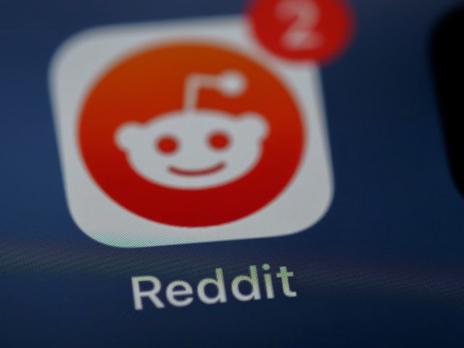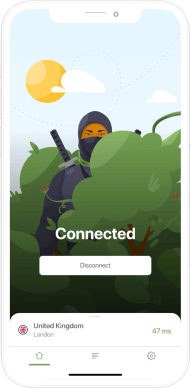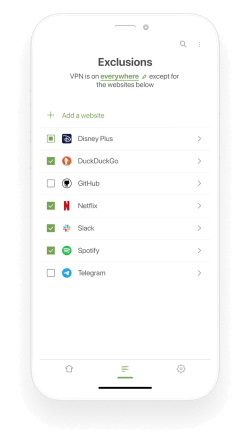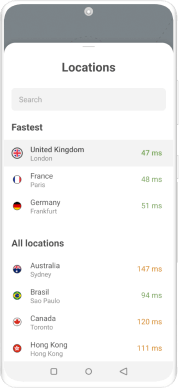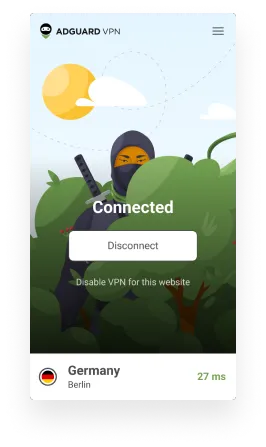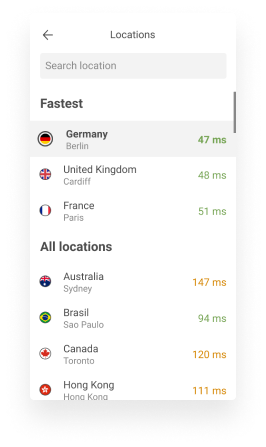TikTok may get banned in the US. What would that mean for users?
TikTok, an extremely popular video-sharing app, has just racked up 150 million users in the US, a third of whom have joined in the last two years. But while its popularity among Americans is on the rise, so too are the efforts to oust it from the country. In a rare bipartisan effort, Republicans and Democrats in the US Congress are pushing legislation that could block TikTok on US soil. Several bills have been introduced, but the most promising is the RESTRICT Act, not least because it has won the support of US President Joe Biden’s administration. Although the bill does not mention TikTok by name, it gives the US Secretary of Commerce the power to ban technology from China, where TikTok’s parent company, ByteDance, is based.
Why does the US want to ban TikTok?
Top US intelligence officials see TikTok as a national security threat, largely because of its connection to China. Thus, FBI Director Cristopher Wray has claimed Beijing could use TikTok to collect data on US citizens, peddle pro-China propaganda and spread misinformation.
US lawmakers have also accused TikTok of failing to crack down on potentially harmful content. This includes videos and images relating to eating disorders, self-mutilation, and suicide, but also content promoting dangerous stunts like the notorious “Blackout Challenge”. Those calling for TikTok to be banned on these grounds say they want to protect children, who make up a large part of TikTok’s user base. According to Pew Research, 67% of US teenagers aged 13-17 use TikTok, which is higher than the figure for Instagram, Snapchat and Facebook.
The Biden administration has reportedly given TikTok owner ByteDance an ultimatum: sell the app to an American company or have it banned. The news has drawn pushback from China’s Ministry of Commerce, which said it would oppose any forced sale of the app.
What does TikTok say?
TikTok has denied it having any links to the Chinese government or doing its bidding. For its part, Beijing said it had never asked TikTok to hand over data on Americans and never would.
In a bid to assuage the US concerns, TikTok proposed what it calls ‘Project Texas.’ If implemented, it will see the data of TikTok’s American users processed and stored on servers run by Oracle, a Texas-based software giant. The data of US users will be firewalled from the rest of the data, meaning that only US-based TikTok employees and Oracle would be able to access it. ByteDance has reportedly poured $1.5 billion in ‘Project Texas’ so far.
At the US congressional hearing, which is seen as a make-or-break moment for the app’s future in the US, TikTok CEO Shou Zi Chew admitted that the company had a privacy problem, but argued that it was no different from home-grown US tech giants such as Facebook in that regard.
Symptom, not the cause
The TikTok CEO’s view that TikTok’s privacy record was not spotless, but probably no worse than that of its US competitors, has struck a chord with quite a few in the US.
Albert Fox Cahn, executive director of the Surveillance Technology Oversight Project (S.T.O.P.), said that targeting TikTok without taking US-based companies to task as well was “nativism.”. USA Today’s columnist Rex Huppke argued in his tongue-in-cheek essay that the only difference between TikTok and its US-based counterparts was its country of origin, not its modus operandi. Evan Greer of Fight for the Future advocacy group opined that what US lawmakers need to advocate for instead is a federal privacy law, that “bans all companies from collecting so much sensitive data about us in the first place.”
It’s hard not to see the merit of this argument. US-based tech giants, like Google and Meta’s owned Instagram and Facebook, have a terrible track record when it comes to user safety, data protection and privacy. So far, only individual US states have enacted comprehensive privacy legislation, most notably the California Consumer Privacy Act (CCPA), which was signed into law in 2018. While momentum is building for a federal privacy law, which could potentially bring the US closer to the EU data protection standard, it is not there yet.
Is the US ban on TikTok a done deal?
While there’s been a lot of talk about banning TikTok in the US, it’s far from a done deal. According to Reuters, even if the RESTRICT Act passes Congress this year and gets Biden’s seal of approval, it could take up to a year for it to take effect. It is also worth noting that TikTok is unlikely to go down without a fight. TikTok is expected to challenge any attempt to ban it in court, with the legal process potentially dragging on for many months or even years. It’s likely that the company would argue that such a ban violates the First Amendment, which guarantees Americans freedom of speech.
It should also be noted that previous attempts by the US government to ban the app have been unsuccessful. Biden’s predecessor, former US President Donald Trump, also tried to ban the app, but his attempt to do so fell flat. Trump’s executive order to ban TikTok from the country was struck down by the courts before being eventually rescinded by Biden in 2021.
What happens if TikTok gets banned?
Assuming the US ban on TikTok goes through, what most users want to know is how it will affect them personally. It’s not an easy question to answer, as we don’t yet know which of the proposed laws will be passed, or what their scope will be. One possible scenario would be to make the app inaccessible from US territory, in which case US-based users could easily circumvent the ban by connecting to a VPN server located outside of the US. AdGuard VPN has servers in over 50 countries, so you’ll have no problem picking a server located in the country where the app is not banned. The only country where TikTok is currently banned is India.
The rumors of an impending ban on TikTok in 2020 led to a spike in searches for VPN services, and some have predicted a surge in VPN popularity this time around — we wouldn’t be surprised.
However, it’s important to note that using a VPN alone may not be enough to skirt regional restrictions. In the hypothetical case of the TikTok app being yanked from both the Google Play Store and Apple’s App Store in the US (which happened in India in 2020), those who want to download TikTok may need to use a VPN in combination with other methods. This may involve changing your location settings in the App Store or downloading the official TikTok APK file online on Android-based phones.
Is it legal to use a VPN to access TikTok?
Using a VPN is legal in most countries, including the US and India. A VPN is just a tool that allows you to protect your privacy and hide your real location from internet service providers and websites. And like any tool, it can be used for both legal and illegal purposes. The bottom line is that using a VPN does not make illegal activity legal, and vice versa.
As bans, such as a potential ban on TikTok in the US, tend to apply to app stores and service providers rather than individual users, there is a good chance that it will still be legal to use VPN to access TikTok even if it is blocked in the US.





